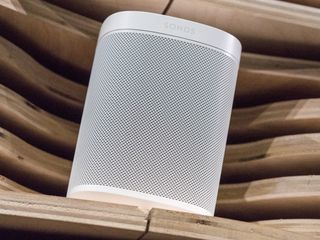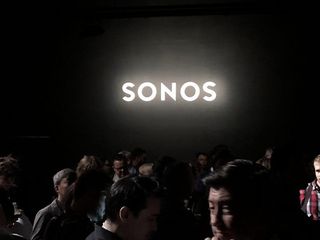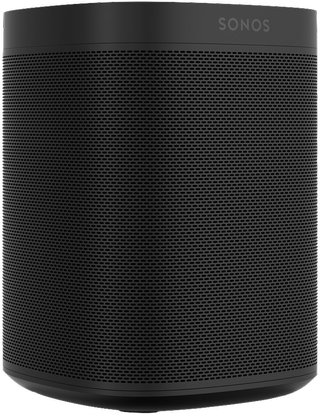Sonos ending support for decade-old speakers really isn't a big deal

On January 22, Sonos found itself in a boiling pot of hot water. The company issued a press release regarding the future of software updates, stating that it was ending support for legacy hardware that had been released between 2006 and 2009. I saw something about this on Twitter when it first came out, thought "huh," and went about my day.
Turns out, I was in the minority with those feelings. Not too long after Sonos broke this news, people were up in arms about how awful of a decision this was and how Sonos was turning its back on loyal customers. I honestly wasn't expecting so much backlash considering these products are anywhere from 14 to 11-years-old, but people were so passionate about this change that Sonos's CEO had to issue a follow-up statement to calm people's nerves.
For those of you that missed out on the fun, here's essentially what happened.
Sonos has been creating speakers and other audio gear for a while. Some of those products are getting pretty old, and with the ones in question being released well over a decade ago, they are running out of memory and performance power to keep up with new features Sonos is working on.
Updates aren't forever. That's a fact for any connected device.
The solution? Sonos announced that it was ending major software updates for this legacy hardware as not to hold back its current devices. For people with the legacy products that wanted to upgrade, Sonos offered a 30% discount. If you ask me, that's a fair deal.
To everyone else's credit, I can understand the frustration. No one likes hearing that their devices will no longer receive updates, especially when Sonos hardware isn't cheap. That's a bummer for sure, but what was Sonos supposed to do? Sonos could have tried to keep pushing updates to these old devices, but at this risk of compromising the user experience with bad performance and other unforeseen bugs. If that had happened, you can guarantee people would complain about that when it became an issue.
Furthermore, Sonos isn't completely turning its back on its legacy hardware. Major updates are ending for it, but Sonos will continue to push out security patches and other minor updates that allow the speakers to keep on working as they are today. That part of the policy wasn't explained adequately the first time around, but it was quickly cleared up just a day later.
Be an expert in 5 minutes
Get the latest news from Android Central, your trusted companion in the world of Android
At the end of all that, here's what we end up with. Aging Sonos gadgets aren't getting new features, but they'll keep on working like normal and receive patches to fix any bugs or other issues that pop up. If you want to hold onto your old hardware, Sonos is working on a way to split your system up so that you can use a mix of old and new speakers while still getting updates on the ones that are eligible for them. Want to finally upgrade to something new? Sonos is slashing the price by 30%.
Sonos kept these speakers updated for over a decade. We're lucky if an Android phone gets updates for two years.
So, tell me, what are we so worked up about?
Could Sonos have better-worded this change with its first press release? Definitely. It wasn't initially clear that old devices would still get critical security updates, nor did we know Sonos was working on the split system feature. However, Sonos did the right thing and promptly cleared all of those concerns up.
Let's look at this from Sonos's perspective. It's not making any money off of its old speakers, and frankly, the fact that updates have continued for this many years on products released between 2006 and 2009 is darn impressive. We're lucky to get two years of software updates on most Android phones, and people don't lose their minds when their Galaxy S8 from 2017 doesn't get an update to Android 10. Why does Sonos get crucified while Samsung, LG, Motorola, and countless others get a pass year after year?

It's natural for any connected device to stop getting updates at one point or another, and I think Sonos deserves commendation for keeping these legacy products alive for as long as it has. To think that updates would continue forever is just silly.
As with all outrage these days, this thing with Sonos is bound to evaporate in the coming days (if it hasn't already). It's bad press for a few days, but people will pack their things up and move on to yell about something else. I don't think that outrage was justified in the first place, and at the very least, Sonos likely learned how to better handle this when it has to make a similar decision ten years down the road from now.
When that happens, let's try to keep our cool.

Compact size, big sound
The Sonos One is the smallest speaker in Sonos's current product lineup, but it still manages to kick out sound that's crisp, loud, and filled with bass when you want it. You can pair two of them together for stereo sound, Apple's AirPlay 2 is supported, and you have your choice of talking to either Alexa or the Google Assistant.
Check out our round up of the best Sonos deals now!
Joe Maring was a Senior Editor for Android Central between 2017 and 2021. You can reach him on Twitter at @JoeMaring1.

